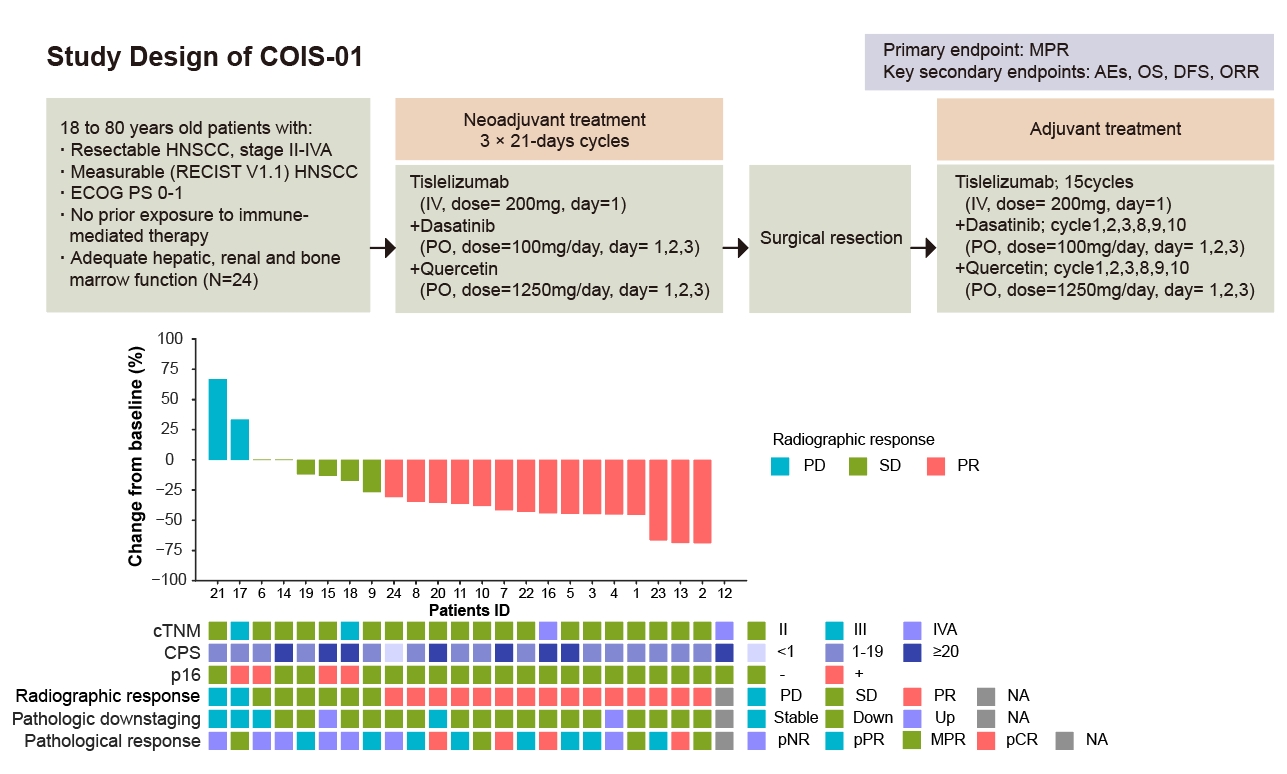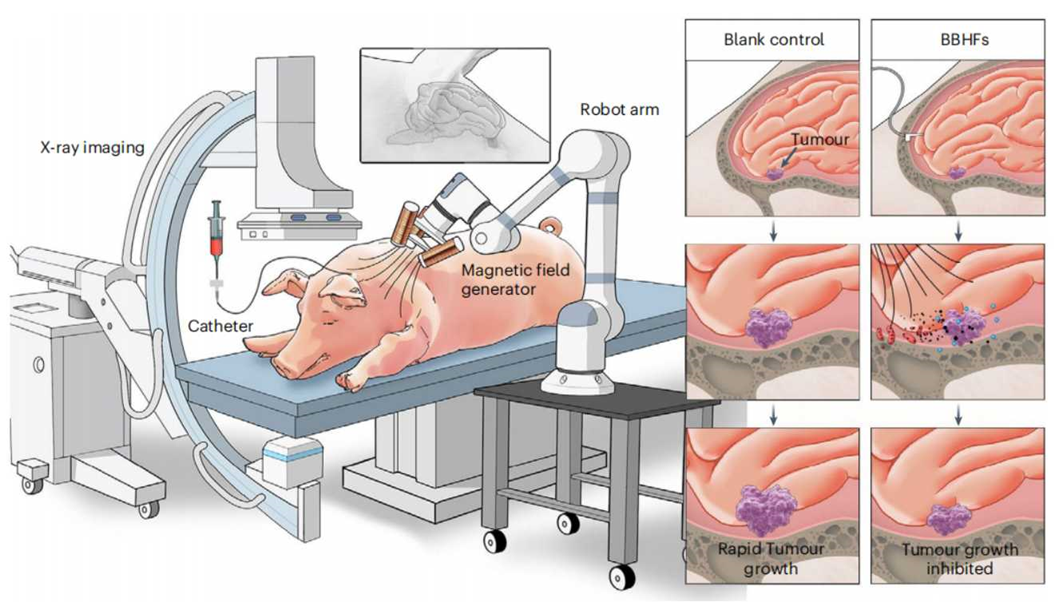
New Intraoperative SERS Navigation System Enables Real-Time Malignancy Grading of Prostate Tumors
Precise identification of tumor boundaries during radical prostatectomy remains a major clinical challenge, with positive surgical margins occurring in 15–40% of prostate cancer cases, significantly increasing the risk of postoperative recurrence and functional impairment.
In a study published in Nature Biomedical Engineering on November 18, 2025, a collaborative team has developed a label-free intraoperative navigation system based on surface-enhanced Raman scattering (SERS) that enables real-time, in situ grading of prostate tumor malignancy by simultaneously detecting tissue acidity and prostate-specific antigen (PSA) activity.
This study was conducted by a collaborative team led by Prof. LI Cong from Fudan University, together with Prof. ZHENG Hairong and Prof. YANG Hui from the State Key Laboratory of Biomedical Imaging Science and System, Shenzhen Institutes of Advanced Technology (SIAT), Chinese Academy of Sciences, Prof. WANG Hang from Zhongshan Hospital, Fudan University, and Prof.YU Jinhua from Fudan University.
The system integrates a microfluidic sampling pen (NanoDraw), a nanoimprinted SERS array, and an AI-powered spectral analysis module. The sampling pen automatically extracts biomarkers from tissue surfaces within 6 seconds per point, without causing tissue damage. The extracted droplets are then transferred to a highly uniform SERS array functionalized with Raman reporters sensitive to pH and PSA. A custom 2D deep learning model processes the spectral data and outputs quantitative biomarker readings in under 2 minutes.
In a clinical trial involving 144 prostate cancer patients, the system achieved an area under the receiver operating characteristic curve (AUC) of 0.890 for identifying high-grade tumors (Gleason Grade Group ≥ 3), significantly outperforming traditional intraoperative methods such as frozen section analysis, which is time-consuming and operator-dependent.
Notably, the system is automated, making it a promising platform for real-time "molecular pathology" during surgery. By providing surgeons with a "malignancy map" of the resection area, it helps optimize the balance between maximal tumor removal and minimal damage to functional tissues.
"Our study provides a new technological platform for precise tumor boundary identification during surgery," Prof.YANG Hui noted. "Moving forward, we will focus on advancing clinical translation, developing more compact devices, and expanding applications to other solid tumors."
By integrating microfluidic sampling, nanotechnology, and artificial intelligence, this SERS navigation system represents a significant advancement in intraoperative tumor malignancy assessment, with broad implications for precision cancer surgery.

An on-site SERS navigation system for grading the malignancy of PCa. (Image by SIAT)
File Download:

